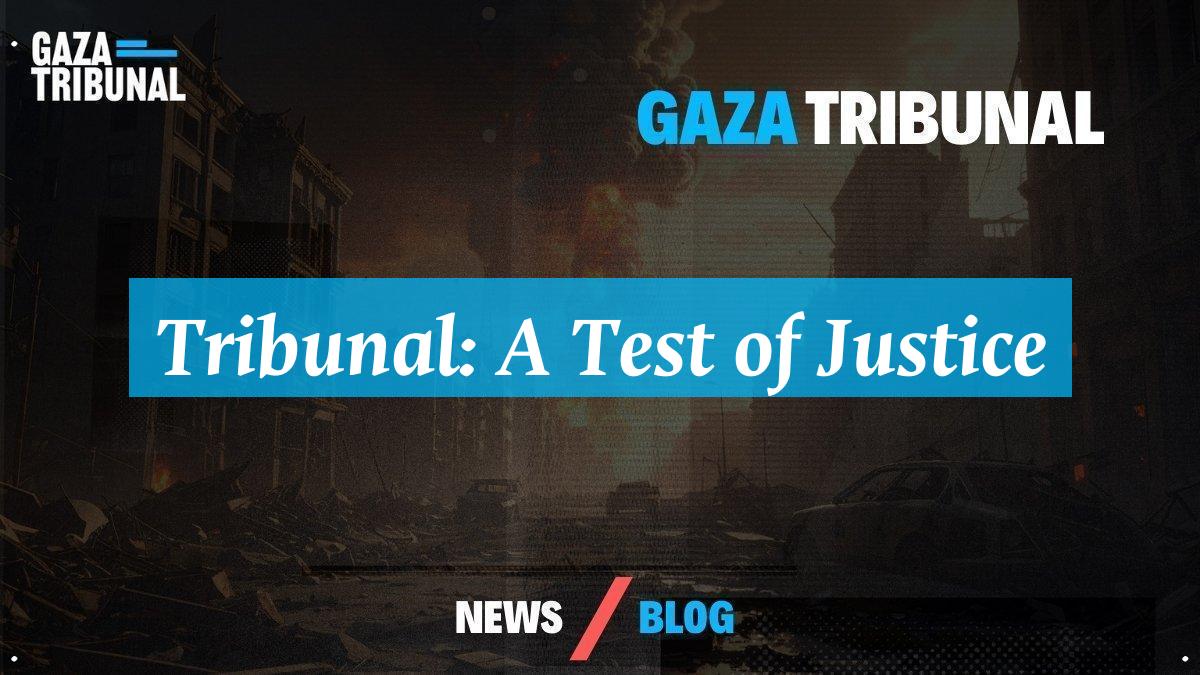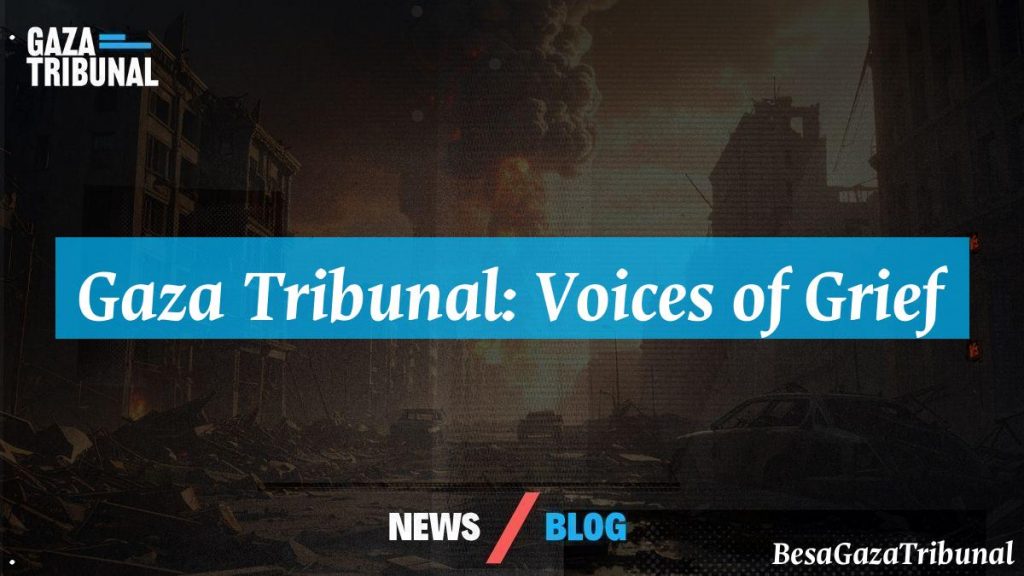In the unfolding tragedy of the Gaza War, the personal stories often overshadow the stark statistics. Waseem’s experience epitomizes this grim reality as he grapples with the weight of loss, where every number signifies a cherished life. As affirmed by authoritative voices, the concept of a Gaza War Tribunal appears not just as a distant hope but as a necessity for anchoring accountability amidst chaos. How can we ignore the personal testimonies when they reveal truths that numbers simply cannot convey? Waseem recalls his mother, her hands busy with nurturing and creating a warm home, now turned to dust under the rubble. It is more than a story; it is a stark reminder of what has been extinguished in moments of devastation.
As Waseem reflects on his family’s displacement, a deeper understanding of the human cost emerges. The “Gaza War Tribunal” becomes a focal point for justice in a world often indifferent to the plight of the affected. With each transition from home to shelter, Waseem faced not only physical threats but the emotional toll of losing the life he once knew. The endless search for safety, marred by grief and uncertainty, paints a broader picture of resilience in despair. Yet, what truly remains of this resilience when the everyday joys of family life are stripped away? In the end, Waseem emphasizes, “We are not numbers,” a powerful assertion that underscores the essence of humanity intertwined with suffering. Acknowledging each individual story is vital as we confront the complex landscape of loss and justice.
From Ordinary Life to Endless Displacement
Before October 7, Waseem’s family enjoyed what many might call a normal life. They lived in Tel al-Hawa, a community bursting with life and laughter. His sisters excelled in their studies, and their mother transformed their apartment into a cozy haven. She took pride in her home, constantly working to make it beautiful. Yet, the calm was deceptive; danger loomed closer every day. Displacement orders arrived suddenly, shattering their world. Fleeing became a frantic escape, first to Al-Nasr Street, then to Beach Camp.
Waseem remembers those harrowing nights vividly. They navigated the darkness, often on foot, carrying only what they could manage. His mother clutched a small bag with their IDs, a lifeline to their identity. “It was terrifying,” he recalls, “but we had to survive.” With every move, they lost fragments of their past. Each new shelter felt precarious, as if they were always on the edge of another crisis. They faced uncertainty at every turn, yet somehow, they held on to hope amidst the chaos.
A Mother’s Farewell

Among the chaos, Waseem had one last phone call with his mother. The connection was fragile, but it felt like a lifeline. He listened intently as her steady voice broke through the noise of the crowded shelter. Her words carried a weight that Waseem sensed immediately. “We won’t see each other again,” she repeated. Each time she said it, it felt like a dagger to his heart. Her calm demeanor masked the deep fear lurking beneath the surface. It was a mother’s love, mixed with an unbearable sadness.
In that moment, Waseem understood the gravity of the situation. Her tears fell like heavy rain, each drop a testament to their bond. She reminisced about family gatherings and shared laughter, moments now tainted by the reality of war. It was a farewell, yet it felt like a conversation. How could he respond to such finality? He tried to reassure her, but the words felt hollow. In the end, all he could do was listen, absorbing the last echoes of her voice.
The Collapse of Home and Life
Waseem’s family apartment in Tel al-Hawa, once a sanctuary, now lay in ruins. His mother had poured her heart into that space, creating a home filled with love. The loss struck hard. He tried to remain strong, telling his brother they could rebuild, but the reality was stark. “We lost everything,” he thought. His mother had invested so much—money, time, love—into making it beautiful. The thought of starting over felt insurmountable. It was more than bricks and mortar; it was their history, their life.
After moving to Khan Younis, Waseem clung to fleeting moments of normalcy. A call from his sister brought a flicker of hope. They planned to shop for clothes, to cook together. Yet, that hope shattered within hours. A bombing echoed through the night, erasing lives and dreams once again. The stark reality hit him hard; they had to run once more. Each step felt like a march toward uncertainty, a loss of control. How much more could they endure? The weight of grief settled heavily on his shoulders.
One Story Among Thousands
Waseem’s story is just one among countless others. It stands as a testament to the human experience, echoing the pain of many. Each family carries their own stories of loss, heartbreak, and resilience. His trembling voice on the phone captures a moment that resonates with so many. Though they may be statistics to some, they are deeply human to him. The fear, the love, and the memories paint a vivid picture of life before the chaos. For Waseem, each name lost represents a world shattered.
As we reflect on these stories, let’s remember the humanity behind the headlines. Each narrative deserves recognition and recognition. Thank you for taking the time to listen and to understand. We can honor these lives by sharing their stories, ensuring they are not forgotten. Remember, in the face of despair, hope persists. We must strive to keep that hope alive, for all those who endure. Source


